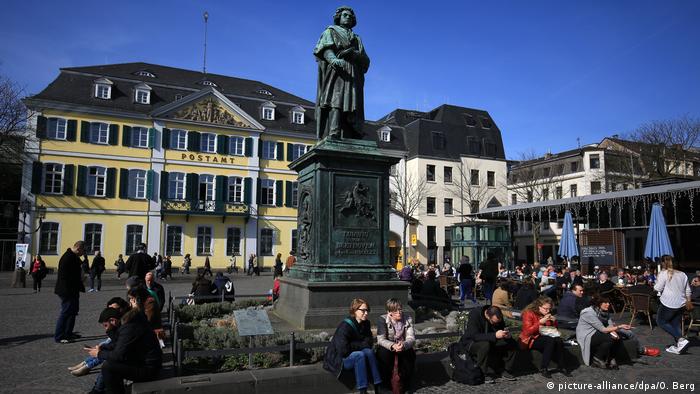CHRISTMAS is fast approaching and households across the UK will be getting ready to put up their festive lights.
But you might not know just how much they can cost to run and what it means for your bills.
We’ve found out how much it costs to run Christmas lightsEven a small amount extra could be a concern for Brits this Christmas as households contend with higher than usual energy bills.We’ve already looked at how much it costs to run an air fryer and a kettle .
Now, we reveal how much running Christmas lights will set you back.
Plus, we have some tips on how to get hold of some extra money this winter.
How much does it cost to run Christmas lights?
In 2020, the average family had their Christmas lights up from November 26 to January 6, according to Uswitch .
That’s 43 days of dazzling Christmas lights burning through energy.
Sarah Broomfield, energy expert at Uswitch, said last year the majority of households used LED lights, which is good news for bills.
That’s because they use 320% less electricity compared to halogen and incandescent bulbs.
But how much do they actually cost to run?
Sarah said: “A household with a string of 200 LED fairy lights would expect to increase their bills by just 27p if used for six hours a day for 22 days over the whole festive period â that’s just 0.2p per hour.”;
How can you reduce your energy bills at Christmas?
If you’re looking for extra ways to cut back on your energy bills this winter, they are a number of options open to you.
First, there’s the warm home discount scheme which is an automatic £150 discount off energy bills between October 2022 and March 2023 for millions of families on the lowest incomes.
Plus, the next tranche of the Household Support Fund is being rolled out across the UK.
What you’ll get through the fund will depend on where you live as councils decide how to issue their share of the fund.
The best thing to do is contact your local council to find out whether you might be entitled to help.
Next, there’s the cost of living payments which have already started being issued.
Millions should be in the process of receiving the second instalment of the £650 cost of living payment.
Millions more will get help depending on their circumstances.
In addition to that, energy companies often offer grants to customers who are struggling to pay for their bills.
For a list of freebies and grants you can get, you can read our guide here.




